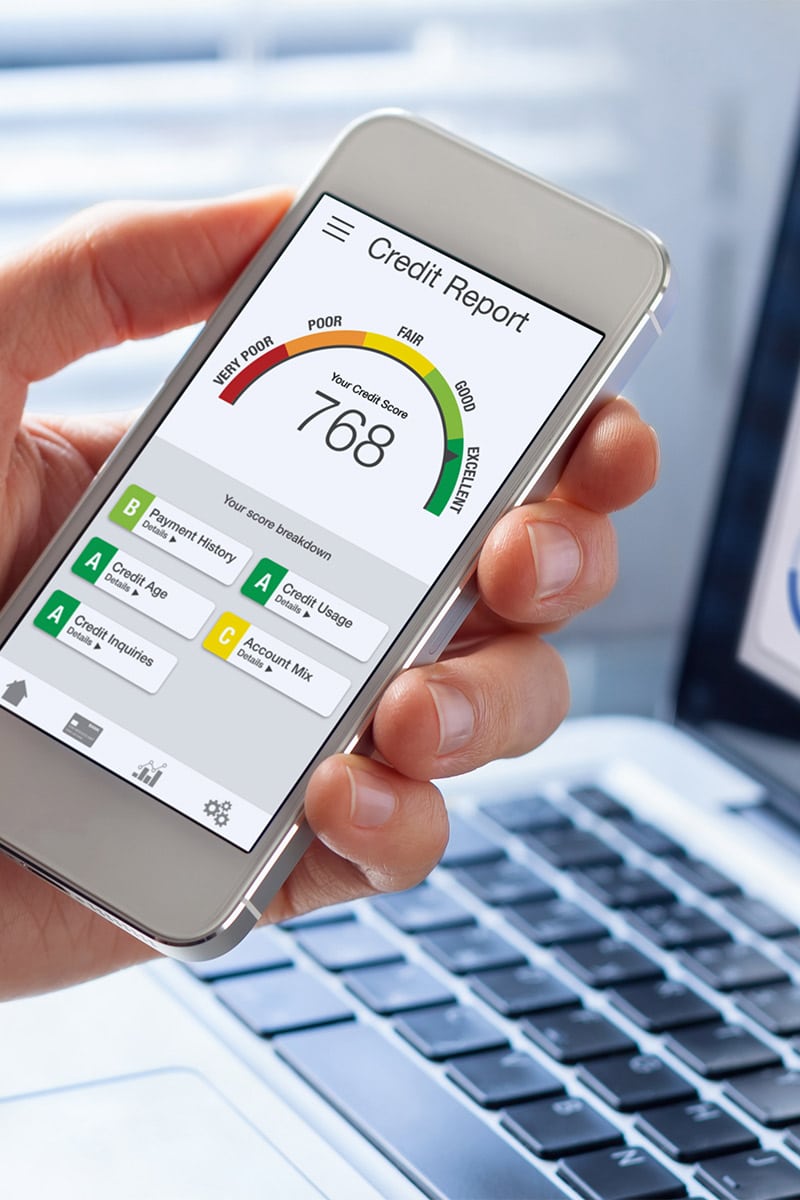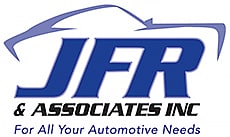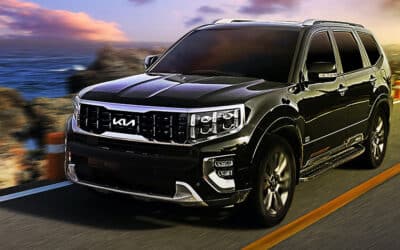
You Can Lease a Car With Ease and Peace of Mind
Discover the best way to lease a car and see if leasing is right for you.
To begin with…
Knowing the lease terms is the most important thing to consider when leasing a new car.
There are also many different leases, so knowing what you are signing is essential.
For instance…
Some of the typical leases are for 36 months or 24 months. You can lease a vehicle for a set number of months, or you can lease a vehicle for a fixed number of miles.
To lease a car is like renting it for 36 months.
Another key point is…
Depending on the type of lease you have, you may walk away from the vehicle without any fees due at the end of the lease.
So let’s dive into the leasing world.
First off and…
Most importantly you’ll want to…
Understand the Lease Terminology
The following list will explain the meaning of these lease terms, so you understand how they may impact your lease.
Let’s get things under way…
-
- Acquisition Fee: An upfront fee to begin a lease. It usually starts around $400 and is rarely negotiable.
- Allotted Miles: This represents the most miles you can drive per year without penalty. Usually, it’s an allowance of 12,000 miles per year, although you can negotiate higher when you sign the lease.
- Disposition Fee: Some leases include a charge that’s called an administrative fee; this is known as a disposition fee. This fee covers administrative duties if you choose not to buy the vehicle at the end of your lease.
- Early Termination: This refers to when the lessee ends the lease before it’s due. Early Termination may have some heavy penalties.
- GAP Coverage: This type of insurance protects you in the event of a collision or other loss of your vehicle. Insurance company but only pay the depreciated estimated value. The difference could result in you paying thousands of dollars for a vehicle you no longer have.
- Lessee: The person signing the agreement to lease a vehicle; you.
- Lessor: The Company granting the lease, such as a dealer, Bank, or automaker.
- Money Factor: This is the interest rate used to calculate the lease fee or charge.
- Residual Percentage: The residual value is valuable to the car at the end of the lease. A residual percentage is provided at the signing of the car lease agreement. As an example… For a 36-month lease, if the vehicle’s residual value is less than 50% of MSRP, then it’s probably not a good lease deal. An ideal residual would be 55%-65% of MSRP.
- Residual Value: The amount is what your vehicle is worth at the end of the lease, after depreciation.
- Sale Price: This represents the price of the vehicle if you were to purchase it new.
If you have any questions about the leasing terminology contact us. We’ll be more than happy to answer your questions.
Why it Makes Sense to Lease a New Car
Seeing that…
For the most part, many people like to own their cars.
They like the idea of driving their own car and customizing it how they prefer.
But, not everyone has the money to buy a new car immediately.
Thus, leasing may be a good option.
With this in mind let’s look at…
The Benefits of Leasing a New Car
For instance…
- Usually, you can lease a new car with little or no money down.
- Also, the interest rates for a lease are lower than a conventional auto loan.
- And in most cases, the first lease payment will not be due until 45 days from the contract signing.
- One of the big benefits of leasing is that you can usually get more car for your money.
- Leasing a new vehicle is popular because it allows you to get a brand-new car… without having to pay the full price upfront.
- Plus, maintenance and repairs are usually covered by the manufacturer’s warranty.
- Lease incentives are one of the most popular ways to get people to buy new cars.
- There are several different lease incentives, including lease-purchase plans… which allow you to pay for your vehicle over time rather than all at once.
You should always check with your local dealerships for what incentives are available.
What Happens at The End of a Lease?
You’ll generally return the vehicle to the dealer at the end of a car lease.
After that, you’ll have the option to lease a new one, buy the car outright, or buy a different car.
If you decide to return the vehicle, make sure that the car is in good condition.
And that you’re returning it to a dealership with a good reputation.
To Lease a Car, You’ll Need the Following:
The first thing to remember is that you must have…
A Good Credit Score
To get the best possible interest rate and get into a lease, you will need a credit score of at least 700.
Then again, some lenders may lease to you with a lower score.
It could depend on the down payment and the cost of the vehicle.
Leaseholders want the assurance that you will pay the lease on time… and adhere to the lease agreement.

If your credit score is less desirable, you may check into getting a co-signer. A co-signer with a good credit score will sign the lease agreement with you. The co-signer is responsible for repaying the lease if you default.
Driver’s License
A valid state-issued driver’s license is something else you will need to lease a car. Also, you’ll need your social security number so the dealership can run your credit report. The dealership will most likely take a copy of these two items; having them on hand will save you time.
Auto Insurance, Including GAP
In most cases, you’re required to carry full insurance coverage on the vehicle you will be driving. So bring your insurance card along with you.
The dealership may want to verify the type of insurance you have before leasing a car. You may be required to carry GAP insurance to lease a car. You can buy GAP insurance through the dealership if you want it.
GAP insurance will cover the difference in your car and what it is worth in the event of a loss. This way, you won’t have to come up with money out of your pocket to pay the car loan off.
Address Verification
Something else you will need to lease a car is address verification. Bring a utility bill, such as an electric bill, and your cell phone bill to verify your address. Preparing and having these with you could help you sign the papers that same day.
References
Bring a list of three personal references. Also, you’ll need one relative and two other names of people who know you. This list should include their names, addresses, and phone numbers.
Equally important, these people should know you well and be able to vouch for your character.
Having this information ready can help speed your lease process up.
FAQ: Our Customers Want to Know…
Is getting a car on lease a good idea?
Yes, it can be. There are benefits to leasing that makes leasing more desirable than purchasing for some.
-
- Usually, lower up-front costs mean you’ll need less cash at closing.
- Lower repair costs. The manufactures warranty covers most repairs.
- No resale hassle or worrying about losing money.
- Lower monthly payments.
- Reliable transportation.
- Get more car for your money.
- Pay fewer taxes.
- Get a new car every 3-years.
- Leasing is a good way for automakers to offer rebates and incentives on lease programs that are typically more generous than traditional cash buyers’ incentives.
- One of the enormous benefits is that you can drive a new car every few years hassle-free. And you have all the latest and most recent technology.
Is car leasing cheaper than buying?
The payment for a lease is typically lower than it would be to purchase a vehicle.
The lower amount is because the cost is calculated only from the vehicles depreciation, taxes, interest, and fees.
What is the main disadvantage of leasing a vehicle?
Most people agree that the main disadvantage of leasing a vehicle is that you never own it.
When making lease payments, you are not building any equity.
Potentially early termination may mean that you are responsible for early termination fees.
You could have additional mileage charge if you go over the preset amount of annual miles.
Discover the Benefits You Get with Leasing…
To begin with…
Leasing is easier than you might think.
To lease a new car, you need to do the following:
1. Find out how much you can afford to pay monthly for a new car loan.
2. Determine if leasing is right for you.
3. Know the terms of your lease, including the length of the lease and the cost of the lease.
4. Choose the vehicle that’s right for you.
5. Select the best lease that fits your budget and terms.
6. Submit the paperwork.
Finally, if you are considering leasing a car but are feeling confused.
Don’t worry…
We can help answer your questions.
So, what’s leasing all about?
Let us show you how leasing can work for you and how to maximize your leasing experience.
One of our professional, trusted auto brokers at JFR & Associates can help you get the best terms and lease.
We do all the work for you, so you can sit back and relax. We’ll find you the perfect vehicle and handle all the paperwork.
Above all…
If you want to see if leasing a car is best for you or if you have questions, call us at 719-593-8090 or by email, and we’ll gladly answer your questions.
P.S. Leasing isn’t for everyone. Contact us today, and we’ll evaluate your situation and see if leasing or buying is best for you. We look forward to hearing from you.



